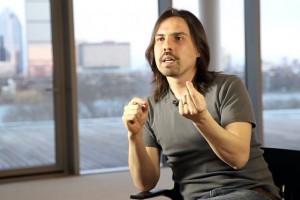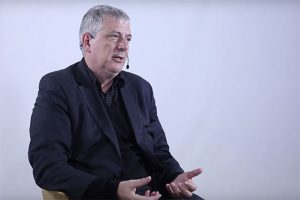Meritocracy and Topocracy of Networks
Economist Cesar Hidalgo on the meritocratic system, rock star behavior, and market mechanisms
What is on the other side of economics? How to achieve the truly fair process of negotiations? How to bring rational to the world of irrational? These and other questions are answered by Nobel Prize winner Eric Maskin.
A lot of economics is concerned with taking existing economic institutions and trying to predict or explain the outcomes, that those institutions generate. This is a very important part of the economics – it’s called the positive part – but mechanism design does just the opposite of positive economics.
You don’t want to underbid, you don’t want to overbid. Each company would bid exactly what the license is worth to that company. And therefore the winning bid will be to the company, that has the highest value. In other words, the government can realize its objective in assigning the license to the company with the highest value, even though it doesn’t know, which company that is in advance. That’s what that mechanism is all about – trying to achieve your goals, even though you, as the mechanism designer, lack critical information to do that directly. You have to do it indirectly through a mechanism.
Since then the field has grown enormously; it’s now a central part of the economic theory and it’s used for applications ranging from privatization (that was the example I gave before) to achieving international agreements on treaties. If we ever have an agreement on greenhouse gas emissions, mechanism design will play an important role. It’s used for the design of regulations, financial regulations use mechanism design theory, and it’s used for reforms in voting methods – in reforming, for example, the way the presidents or other public officials might be elected.

Economist Cesar Hidalgo on the meritocratic system, rock star behavior, and market mechanisms

Neuroeconomist Sacha Bourgeois-Gironde on the symbolic aspect of money, brain processing of economic artifacts...

Gadget interaction, digital surfing, and the "membrane principle"